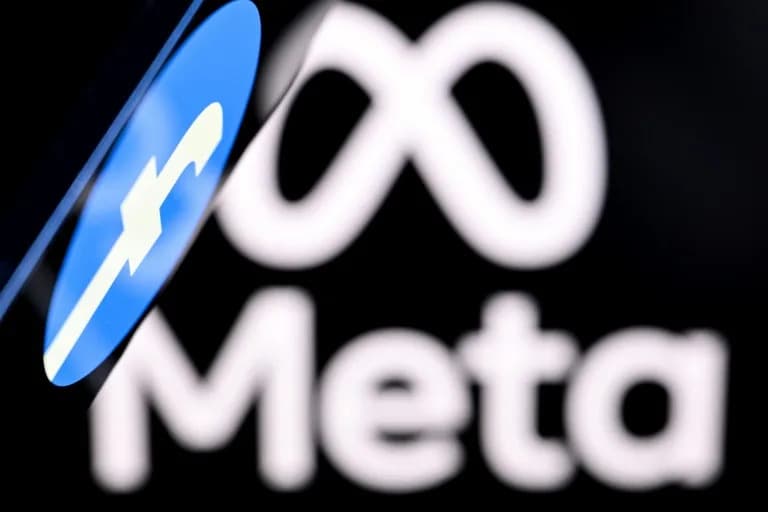Meta will begin deactivating Instagram and Facebook accounts for Australian users under 16 from 4 December, ahead of a law that takes effect on 10 December. Affected accounts will receive in-app, SMS and email notices and users can recover their content when they turn 16. Regulators estimate around 500,000 teenagers could be impacted, and platforms that fail to comply face fines up to A$49.5 million. Experts welcome the aims but warn enforcement and privacy during age checks remain challenging.
Meta to Deactivate Instagram and Facebook Accounts for Australian Under-16s from 4 December

Meta has told Australian users it will begin deactivating Instagram and Facebook accounts for people under 16 from 4 December — a week earlier than the new law’s 10 December enforcement date. The company says affected users will receive advance notices and can reclaim their content when they turn 16.
What Meta will do
From 4 December, Meta will send in-app messages, SMS and email alerts to accounts it believes belong to users aged 15 and under, asking them to save any content they want to keep. The company says it follows a data minimisation approach and will request extra information only when it has reason to doubt a user’s declared age. Meta expects to have removed accounts it believes are under-16 by 10 December.
“For all our users aged 15 and under, we understand the importance of the treasured memories, connections, and content within your accounts,”
“When you turn 16 and can access our apps again, all your content will be available exactly as you left it.”— Mia Garlick, Meta regional policy director
Scale and enforcement
Australia’s internet regulator estimates roughly 150,000 Facebook users and 350,000 Instagram users aged 13–15 could be affected. The new law requires platforms to take “reasonable steps” to prevent minors from holding accounts; regulators say the rules aim to protect young people from risks and pressures encountered on social media. Platforms that fail to comply could face fines up to A$49.5 million (about US$32.09 million).
Meta cautions that accurately determining age online is complex and that a margin of error is likely. Antigone Davis, Meta’s global head of safety, said compliance will be "an ongoing and multi-layered process" and suggested that a stronger solution would be standardised, privacy-preserving age verification at the operating system or app-store level combined with age-appropriate experiences such as Teen Accounts.
Reactions and wider context
The move comes amid rapid growth in social media use among Australian youth: one study cited a rise in daily social media use from 26% to 85% in four years, while participation in many traditional enriching activities has fallen. Supporters say the policy could encourage young people to spend more time on real-world activities that build skills and social connection.
“If we want to support young people’s wellbeing, we need to help them rebalance their time — encouraging them to reconnect with real-world activities that build skills, confidence and social connection,”— Dot Dumuid, behavioural epidemiologist, University of South Australia
Researchers and parents remain concerned about how age checks will be implemented without compromising privacy and data security.
“While there’s broad support for age verification, our research shows young people and parents doubt it will work and worry about privacy and data security,”— Catherine Page Jeffery, University of Sydney.
Meta has advised users affected to back up any content they wish to keep and has emphasised its intention to restore accounts and data when users reach 16.
Help us improve.




























